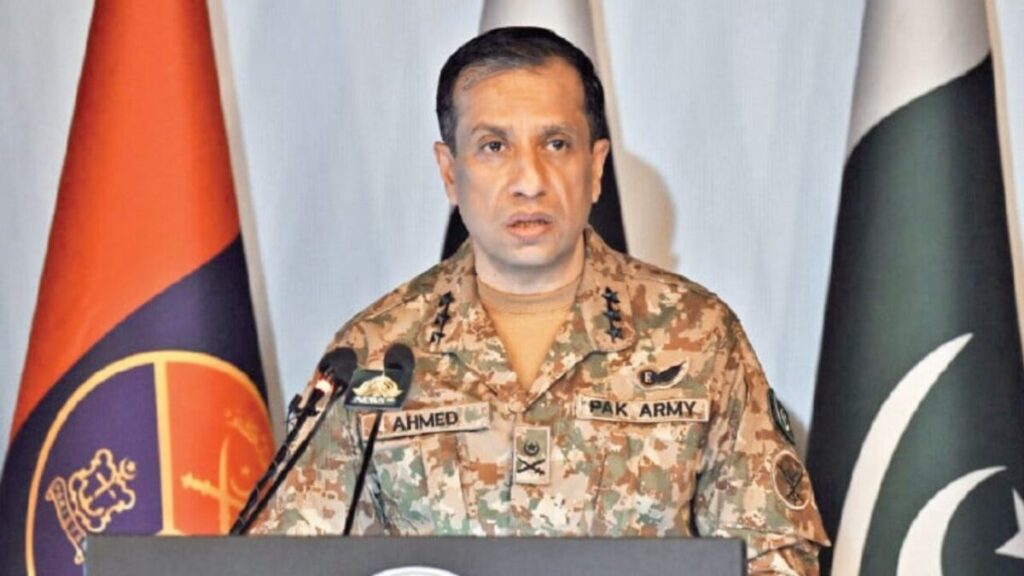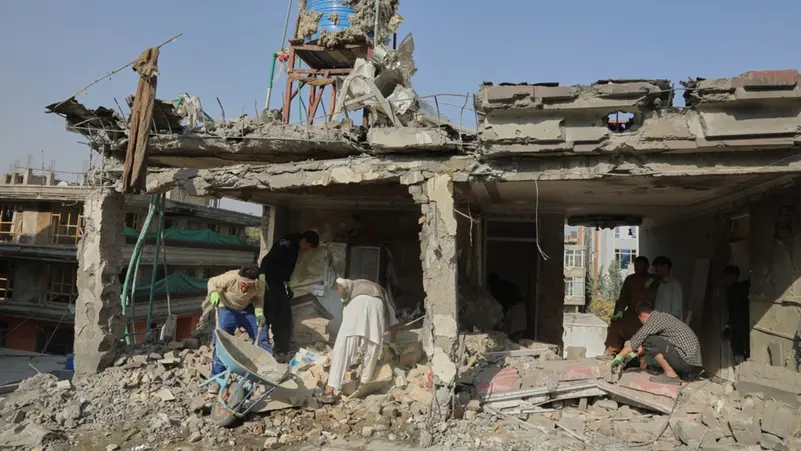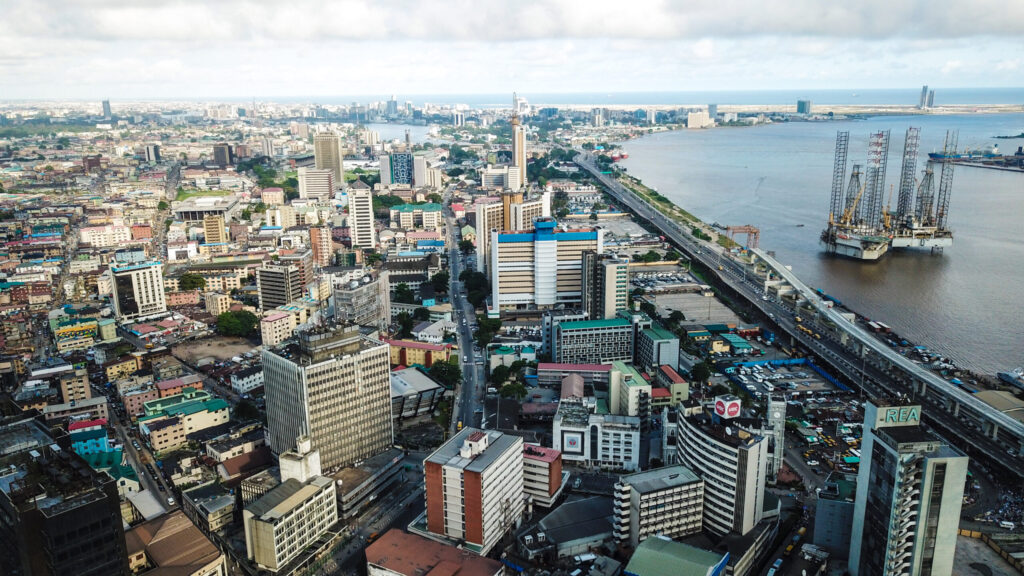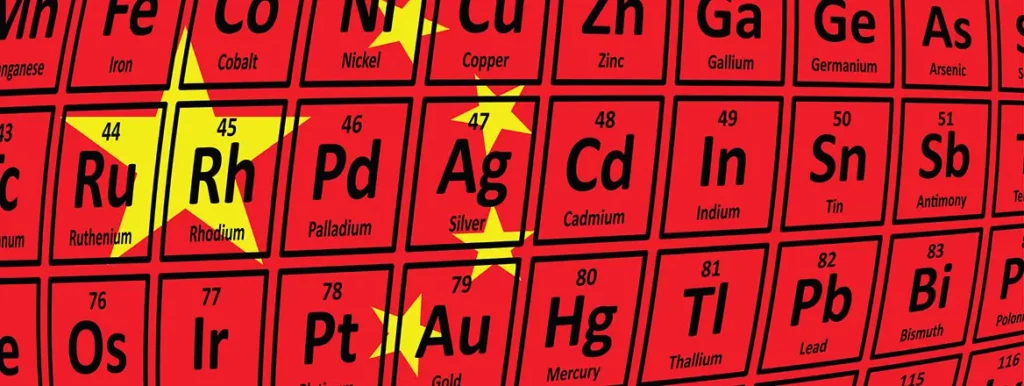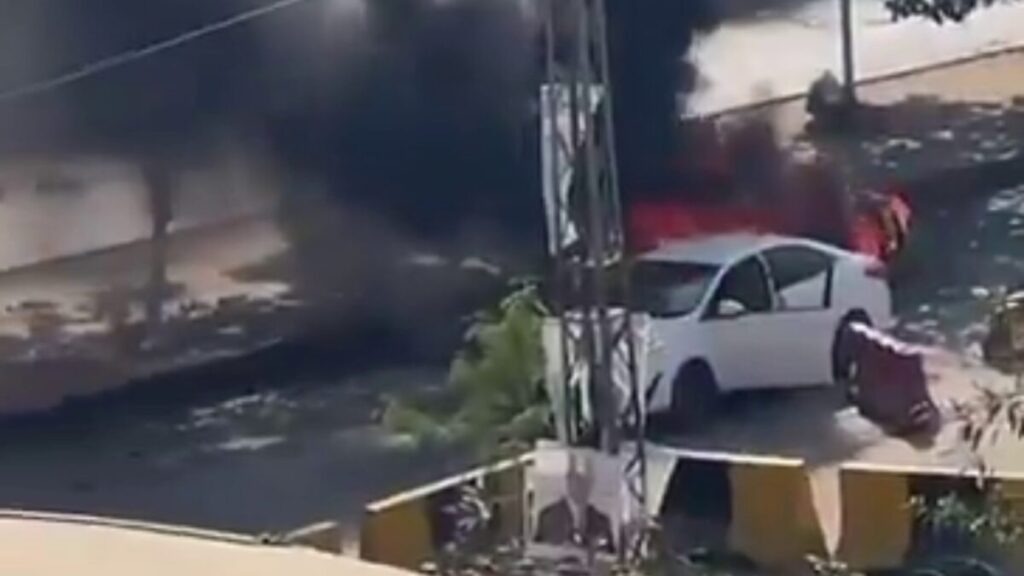China is overplaying its hand on rare earth materials
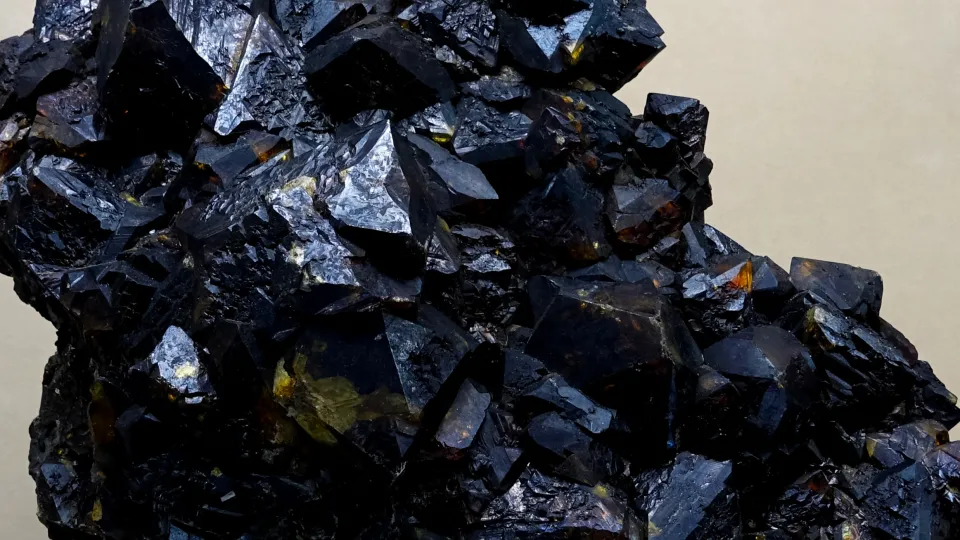
When President Trump travels to Beijing early next year to finalize a new trade deal, China will deploy one of its favorite pressure tactics: restricting exports of rare earth elements.
Last month, The New York Times’s Thomas Friedman warned that China’s threat to cut off rare earth exports could “trump Trump’s tariffs tenfold.” He’s right that Beijing sees these minerals as strategic leverage, but the real story is more complicated. The market is small, innovation is closing the gap, and allied countries are building alternative supply chains faster than many realize.

